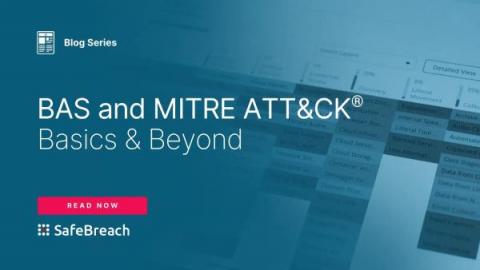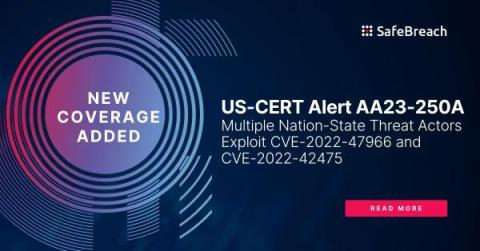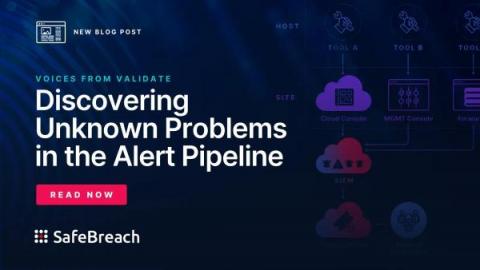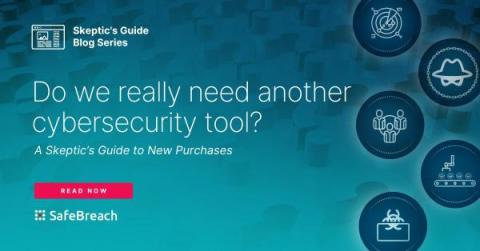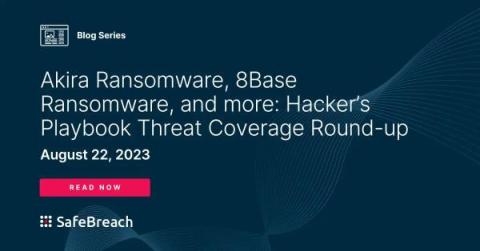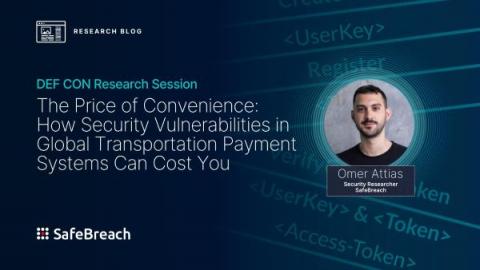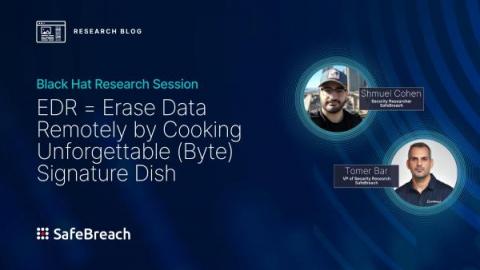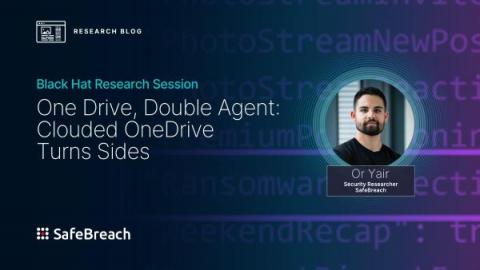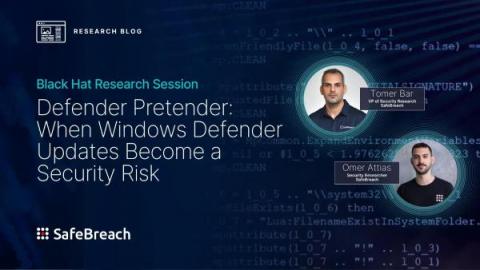Will today's security purchases stop tomorrow's deadliest threats?
In the first installment of this three-part series based on our recent white paper, The Skeptic’s Guide to Buying Security Tools, we outlined an evidence-based approach to helping your organization justify a new security tool purchase. This included identifying where security gaps exist, if those gaps could be filled by existing tools, and—if not—how to evaluate potential tools that could help.


